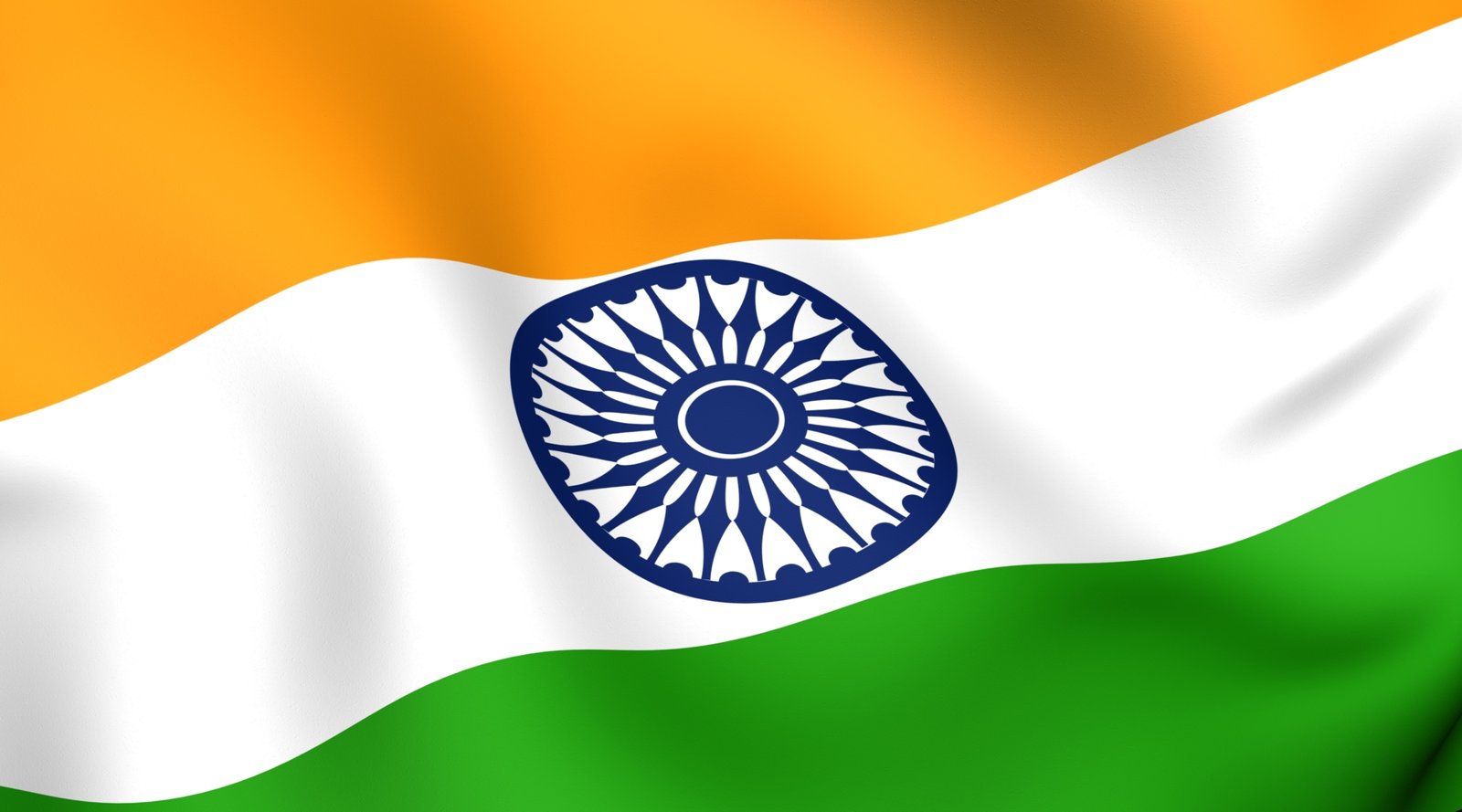About India
India attracts travelers of all types including for business, visiting friends and family, mountaineering, wildlife enthusiasts, spiritual seekers, adventure backpackers, and even destination weddings! While your specific activities will impact the vaccine and health recommendations for your trip, some vaccines and health advice apply to all visitors.
We invite you to schedule your appointment at Destination Health Travel Clinic before your trip to India for additional information and immunizations at any of our multiple convenient Massachusetts locations. Keep in mind some vaccines required multiple doses to be fully protective and it’s best to book your visit 4-6 weeks before your planned departure.
Typhoid Fever Vaccine is Recommended for India
Food and water illness is common in India, which is why the typhoid fever immunization is highly recommended by the CDC. Additionally, drug-resistant typhoid fever infections are now common in India, meaning if you become sick, some medications no longer work to clear the infection. It is much safer to prevent the infection in the first place with a typhoid immunization before travel.
Equally important for travelers to consider is the Hepatitis A vaccine, which is also spread from food and beverage contamination and is common in India, including for short-term business travelers to major cities.
For travelers with plans to explore rural regions of India or with longer-term travel itineraries, the cholera vaccine may also be a good idea as water supplies can be unsafe.
Is Yellow Fever Vaccine Required for India?
Yellow fever disease is not found in India, however, if you have recently visited certain countries in South America or Africa just before arriving to India, you may be required to show proof of yellow fever vaccine. Because yellow fever is a dangerous mosquito disease, the Indian government requires proof of vaccination in these special cases to prevent importation and spread to local populations.
Is Japanese Encephalitis Vaccine Needed for India?
A dangerous neurologic disease spread from mosquito bites called Japanese encephalitis is found throughout most of India, and a highly effective vaccine is available. Infection is more likely to occur outside of major cities, especially around agriculture areas.
Is Rabies Common in India?
Some travelers may also be recommended to receive the human rabies vaccine before their trip to India. Bites and scratches from rabid-prone dogs and monkeys is common, with up to 1,000 bites from monkeys reported every day in India
Chikungunya Vaccine for Travel to India
Mosquitos that carry chikungunya virus are in India and cases do occur. Infection with this illness can lead to long-term joint pains and fatigue. Visitors with plans to stay 6 months and longer as well as people 65 years and older can consider protection with the chikungunya vaccine.
Be Up-to-Date on Routine Vaccines Before Travel
It’s also important to be current on your routine vaccines like hepatitis B in case an injury occurs on your trip and you need to seek medical care while in India. Other standard vaccines like Flu, COVID, MMR (measles), Polio, and Tdap (tetanus) are always recommended by CDC before departure. If you are 60 years and older speak to your doctor about shingles, pneumonia, and RSV vaccines too. It’s a good idea for children and adolescents to see their pediatrician before traveling to India to make sure they are up-to-date on all their age appropriate vaccines.
Should I Take Malaria Medication When in India?
Because malaria risk is present in most of India, including large cities, many travelers are advised to take malaria prevention tablets during their trip. Small children, pregnant women, and older adults are more vulnerable to severe illness if infected, making malaria medication particularly important for these groups. In the United States, these medicines require a prescription and must be filled at a pharmacy.
Travelers who will remain in higher elevation areas where mosquitoes are uncommon may not need malaria medication. Speaking with a travel health provider before travel is best, as several prescription malaria pill options exist and recommendations vary depending on your trip.
